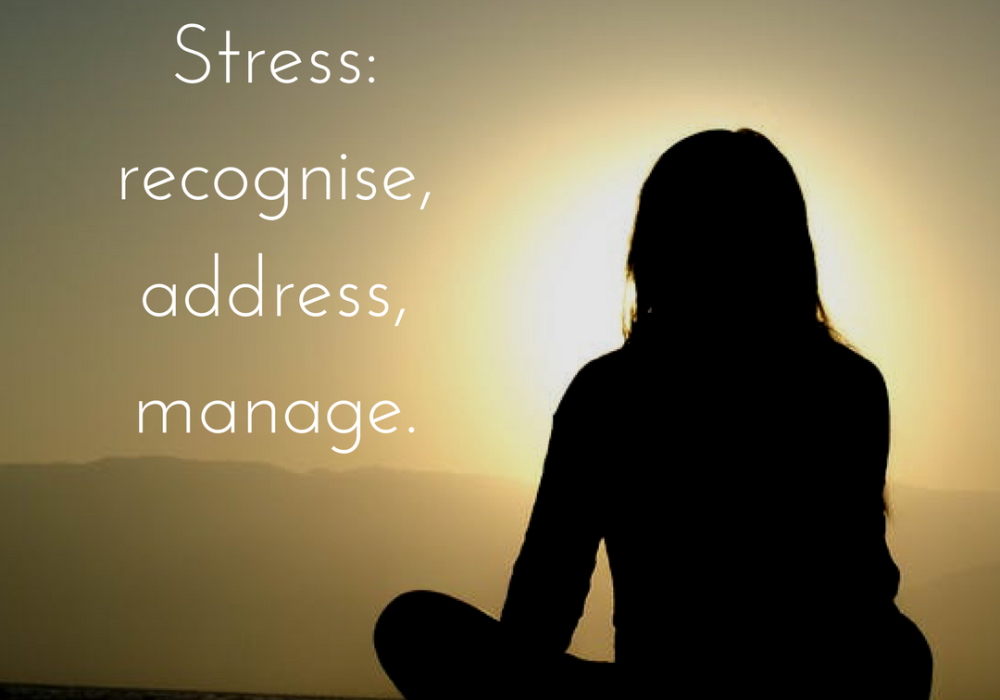
*Source City Way Health Clinic
In the UK Stress is becoming increasingly common due to the changes in our lifestyles and work life balance. Research suggests that:
Whether we read about it, hear about it or are affected by it, stress is an issue we can all relate to and one that we are surrounded by as a nation.
Recognising and addressing symptoms of stress can prevent it affecting you further or leading to illness. Examples of some of the symptoms include:
The most important thing to do is try and establish the cause or the trigger point for your stress. Like most things there is no quick-fix cure for stress, and no single method will work for everyone. However here are some simple steps that you can try:
Above and beyond these simple steps, help and advice can be found via a number of sources including your GP, charities, organisations and your workplace.
Find out more about our Physio Joe including what his 3 famous dinner party...
We KNOW the exercise is good for us...but maintaining that motivation can be...
Our Colchester Osteopath Matt shares five simple stretches to help ease...
Get active and motivated with the wide range of resources from Active...
Our Colchester Osteopaths share their own 14 self care...